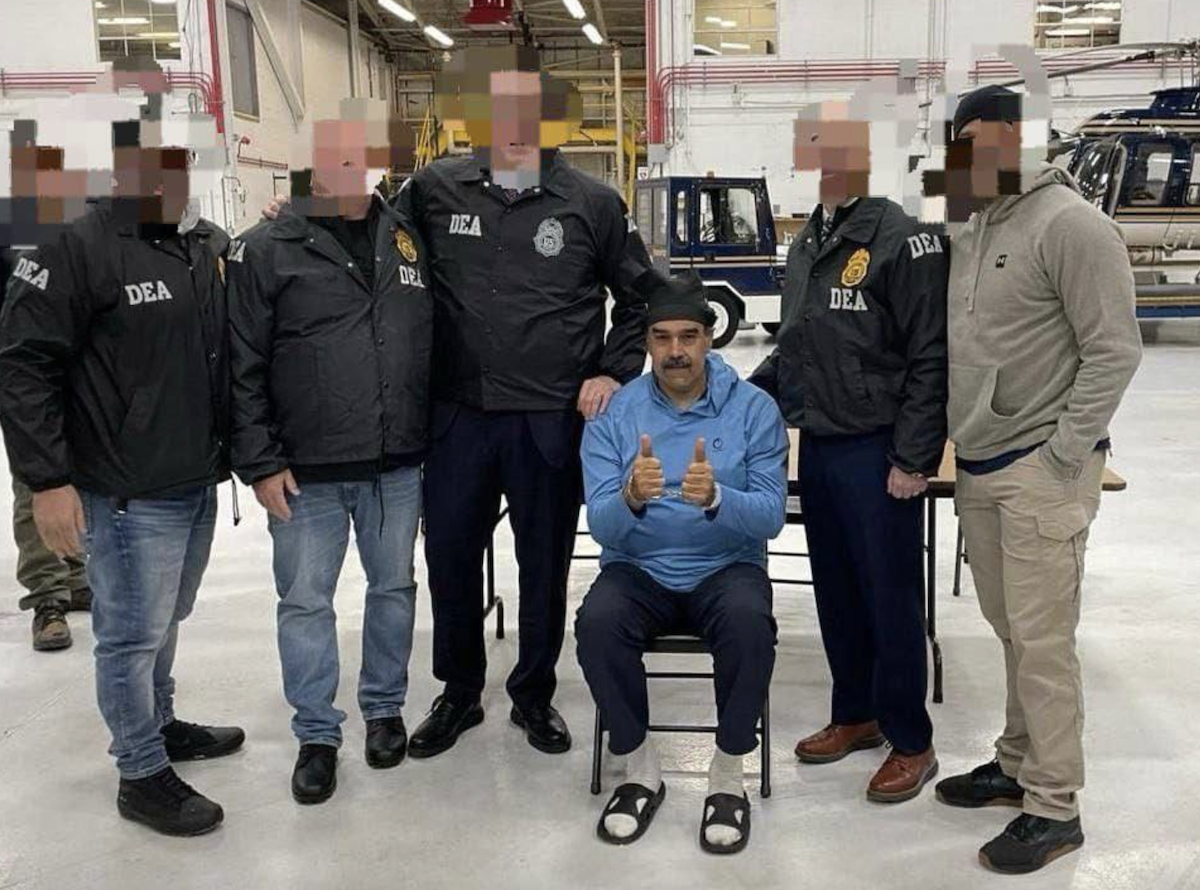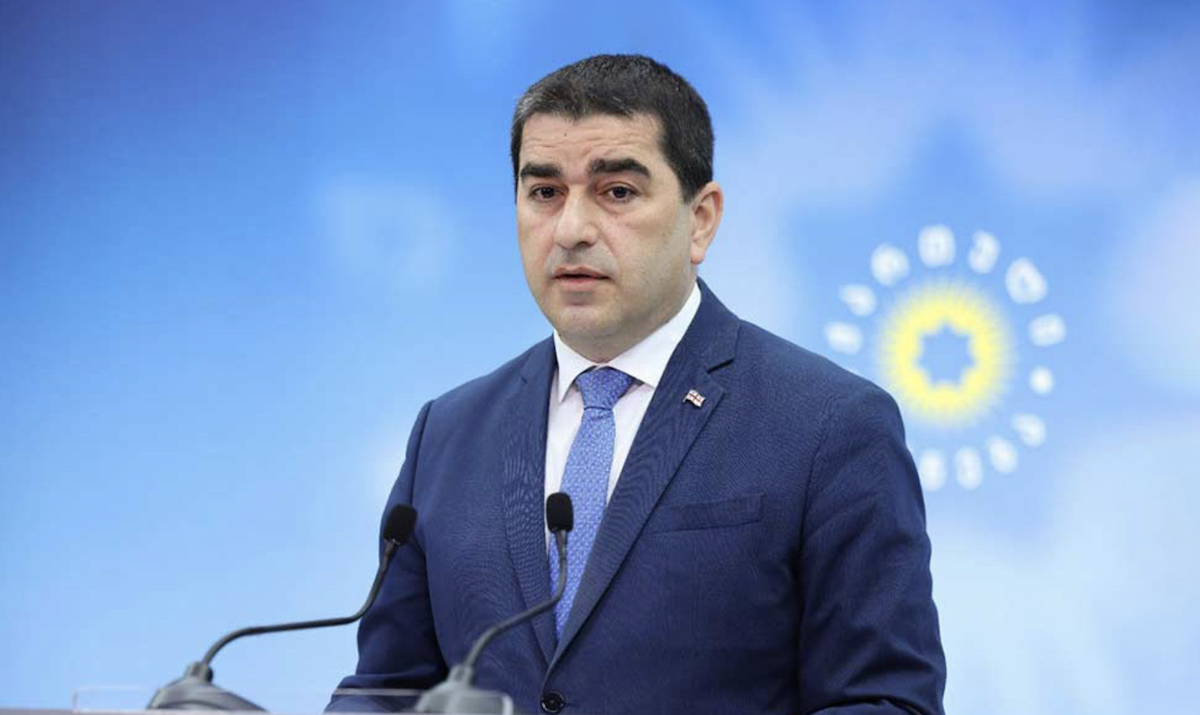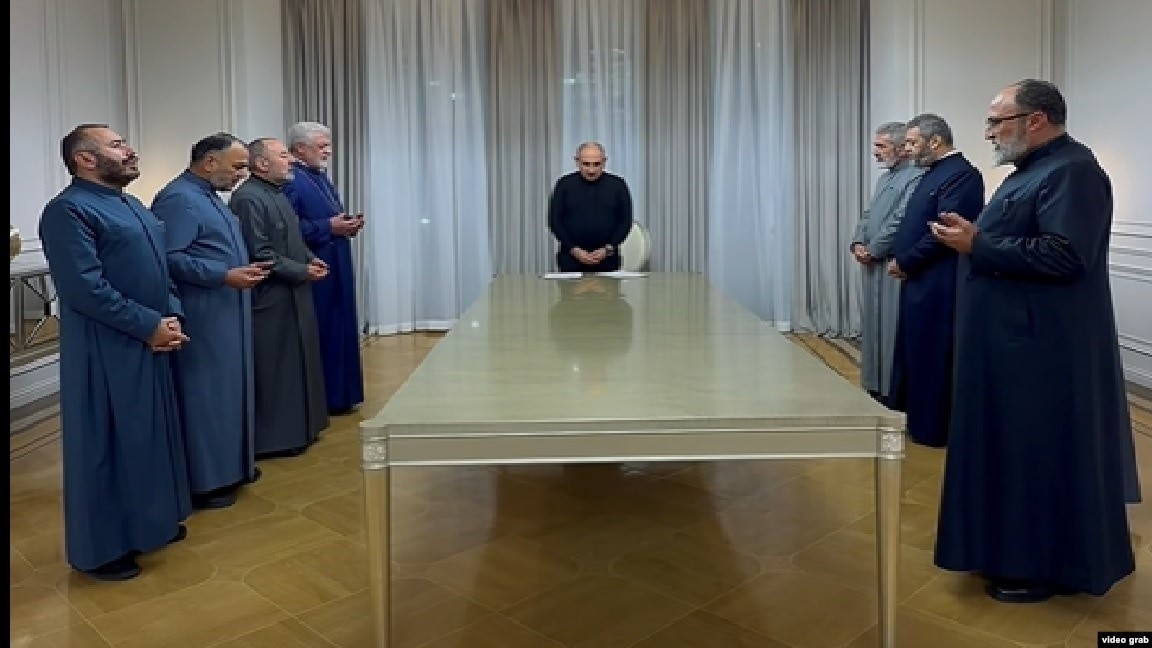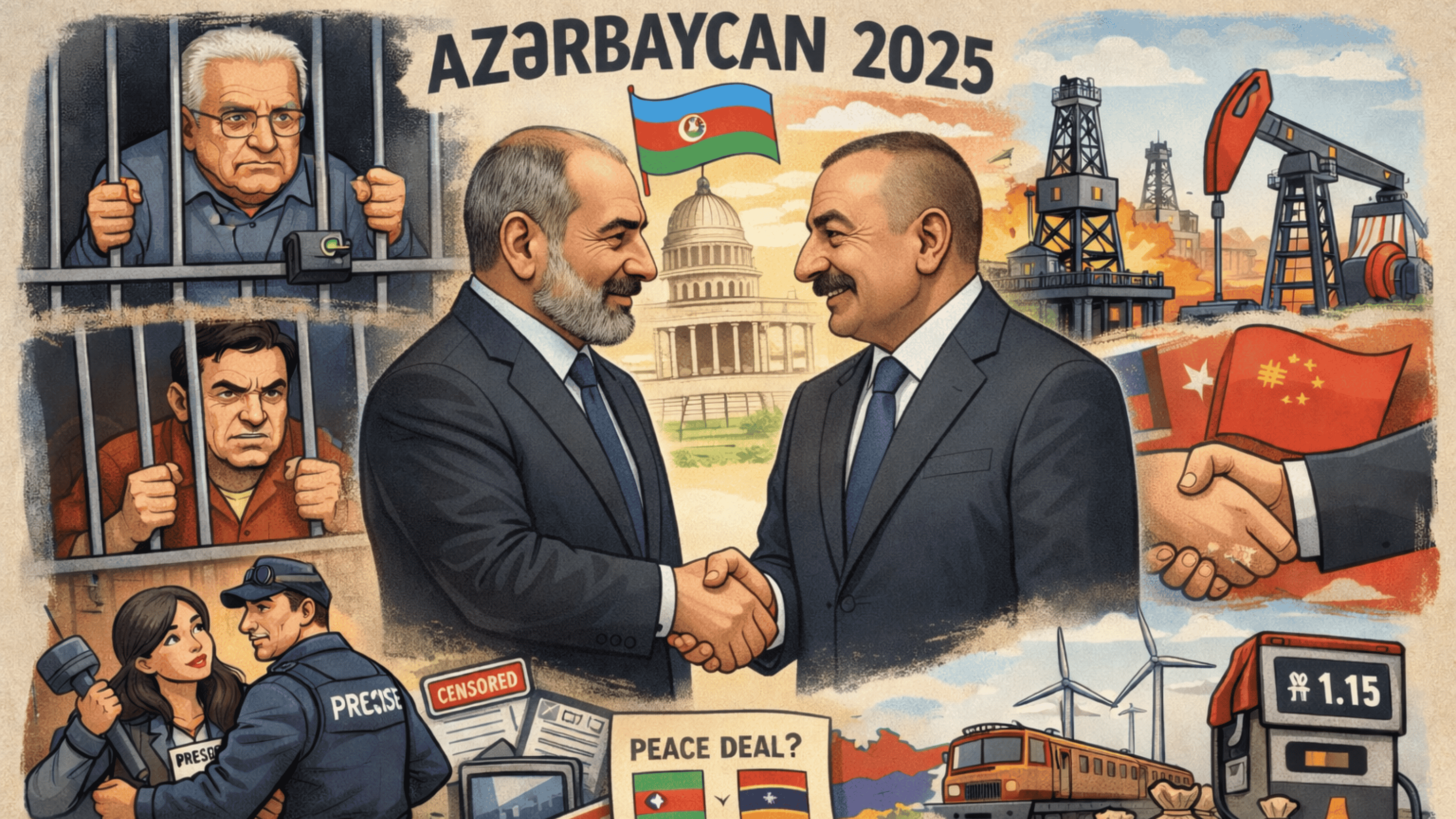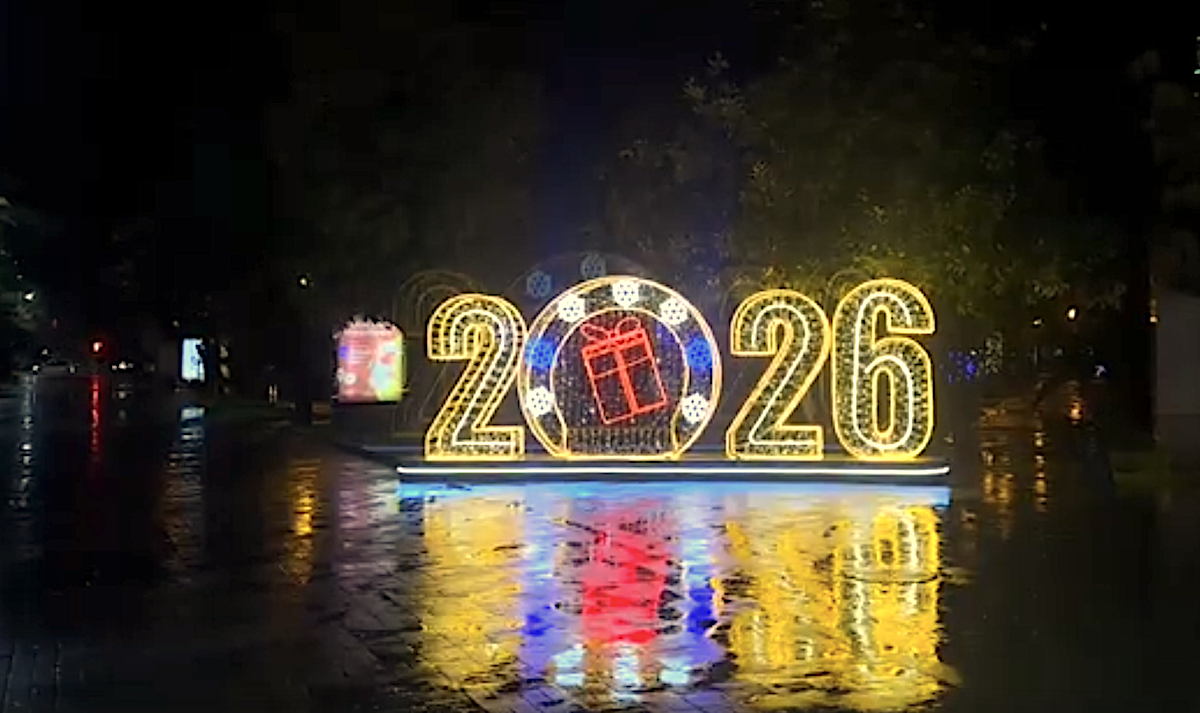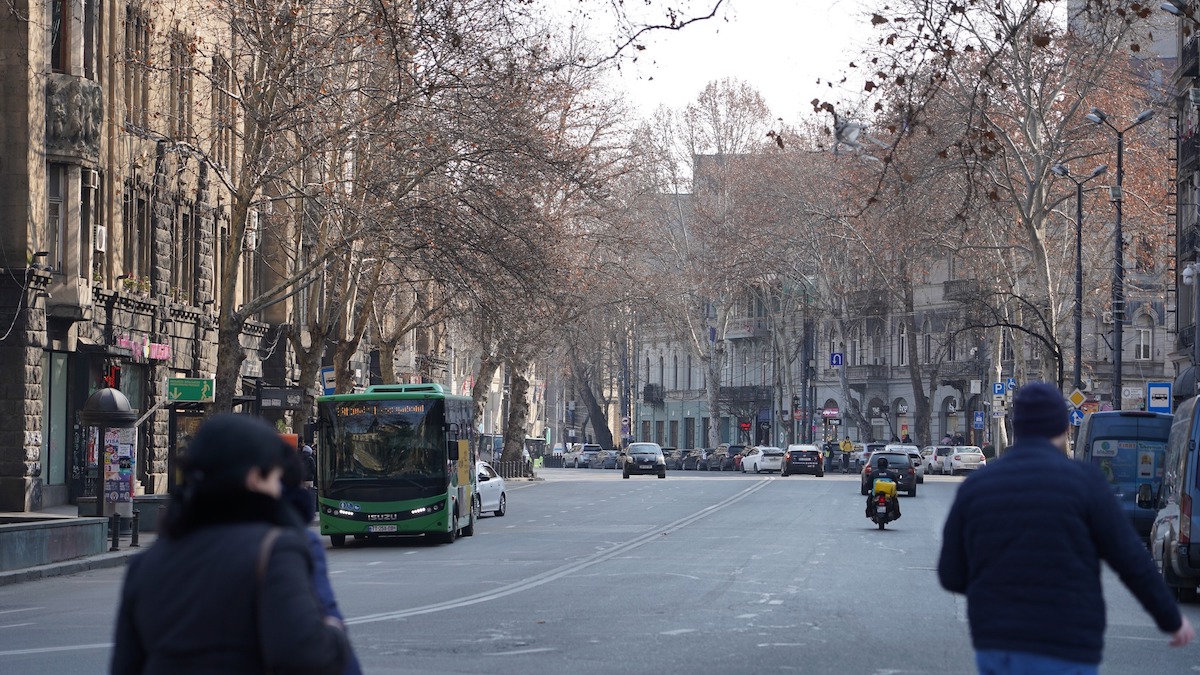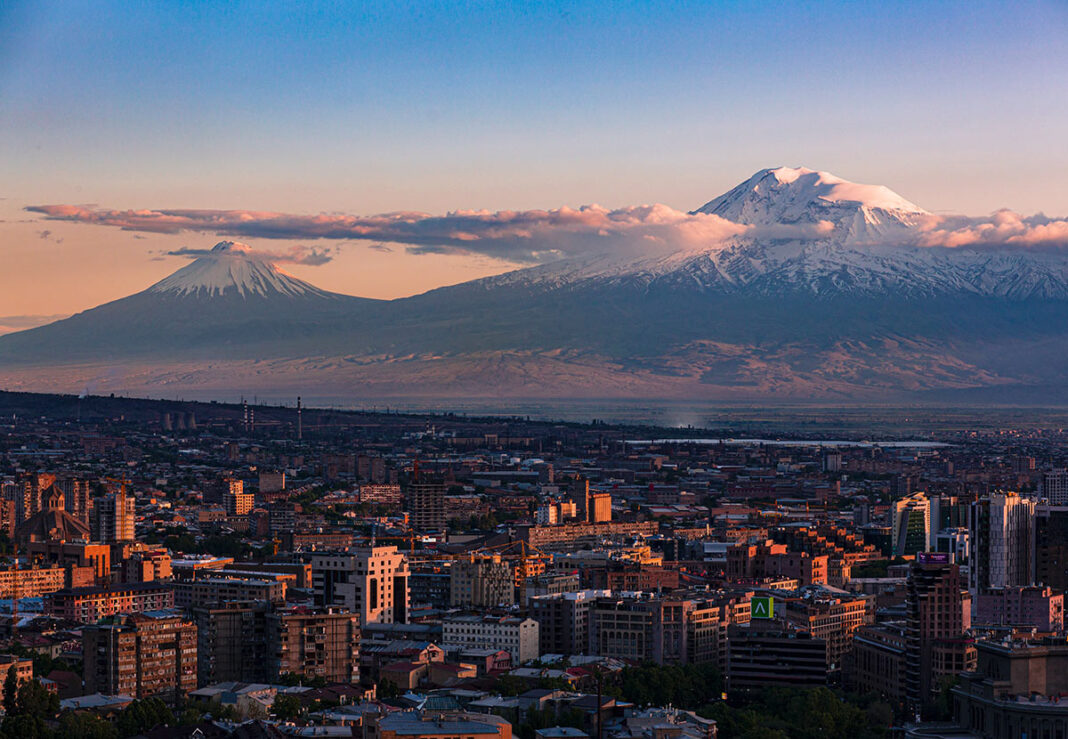Representative of president of European Council in Tbilisi to defuse political crisis
Personal representative of the President of the European Council, Swedish diplomat Christian Danielson arrived in Tbilisi to help start a political dialogue between the government and the opposition and resolve the political crisis in Georgia.
Christian Denilson arrived in Tbilisi on March 12 to help start a political dialogue between the government and the opposition and resolve the political crisis in Georgia
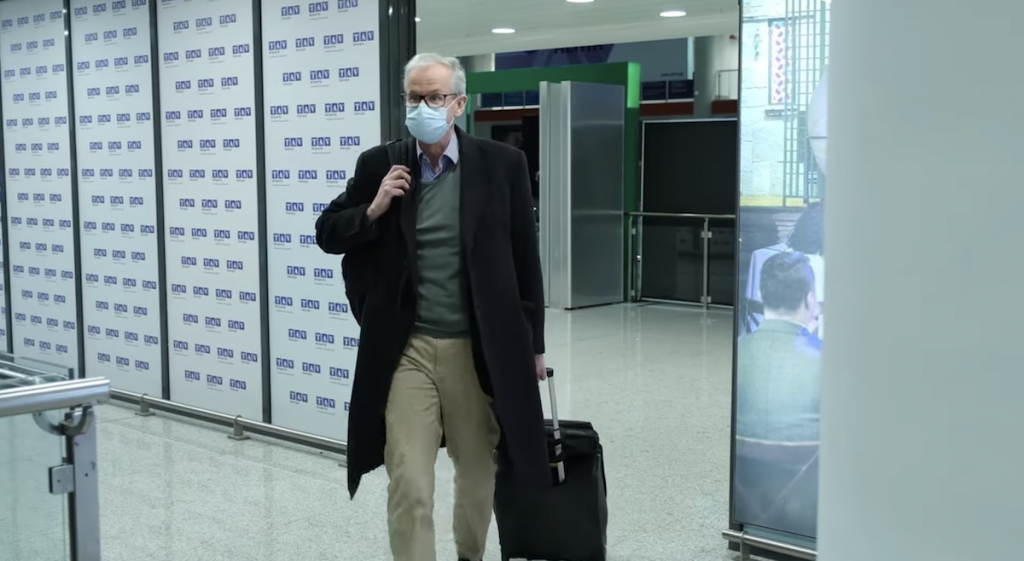
The political crisis in Georgia began in the fall of 2020, after the parliamentary elections, and escalated on February 23 due to the arrest of the leader of the main opposition party, Nika Melia.
-
Background
Why is there a political crisis in Georgia?
After the parliamentary elections on October 31, a serious political crisis broke out in Georgia. The opposition considers the elections to be rigged and does not recognize their results. Opposition MPs (with the exception of six MPs) resigned from their seats and left the ruling Georgian Dream party alone in parliament. For the first time in the history of Georgia, a one-party parliament operates in the country.
The political crisis in the country was aggravated by a special operation in the office of the main opposition party National Movement, during which the chairman of this party, Nika Melia, was detained.
Melia’s arrest has sparked unprecedented backlash both domestically and internationally. Prime Minister Giorgi Gakharia has resigned. Georgia’s American and European partners described the special operation in the office of the opposition party as “a step back on the road to democracy.”
Since October 2020, political processes have practically moved to the streets. Opposition and social activists are constantly holding rallies and picketing government buildings. The opposition has two main demands – the appointment of early parliamentary elections and the release of Nika Melia, as well as other political figures. Among those detained is Giorgi Rurua, one of the members of the opposition TV channel Mtavari, accused of illegal possession of weapons. Independent lawyers say Melia and Rurua’s cases do not require legal protection.
After October, several rounds of talks between the government and the opposition were held under the auspices of the US ambassador and other diplomats accredited to Georgia, but these talks were unsuccessful.
On March 1, one of the most influential European officials, President of the European Council Charles Michel, arrived in Tbilisi to act as a moderator between the warring parties.
“I am very happy to return to Georgia. I look forward to a very busy work schedule with the parties involved in the political process over [the next] three days. I cannot say anything more now. I’ll talk to the media later today,” Christian Danielson told reporters at the airport.
Danielson will stay in Georgia for three days and will conduct a political dialogue with the EU Ambassador to Georgia Carl Hartzel. Leaders of all opposition political parties will take part in this dialogue with the government.
- Georgia’s political crisis – explained
- The Georgian opposition’s plans to take over the streets in March
- Georgian opposition, gov’t relaunch dialogue
This format of dialogue between the authorities and the opposition was initiated by the President of the European Council Charles Michel, who visited Georgia on March 1, gathered the opposing sides at one table and urged them to find a compromise solution in the next two weeks. Georgian Prime Minister Irakli Garibashvili is expected to leave for Brussels on March 16 with a concrete plan for overcoming the crisis.
At this stage, the positions of the parties are contradictory – the opposition demands early elections, the authorities do not agree.
The compromise option is not to hold direct early elections, but to hold a plebiscite asking the public whether they want early elections.
In addition to talks with political parties, Danielson will also meet with Georgian President Salome Zurabishvili, Prime Minister Garibashvili and representatives of civil society.











